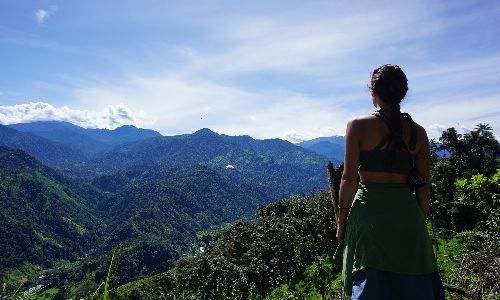Merging your passion for the environment with your job can create a fulfilling career. The key is thinking about what part of the ecosystem you want to support. Marine-focused projects always need extra hands for research, fieldwork, and more. If you’re studying marine science and want to mitigate the effects of climate change, check out the benefits of marine conservation internships and which programs might be right for you.
This blog was written by Jane Marsh, Editor-in-Chief of Environment.co
Why Marine Conservation Efforts Need You
Marine conservation is a broad topic. People in the field do various work, such as data analysis, marine life studies, and hands-on work with biomes. Warming global temperatures are altering fish species’ habitats by bleaching coral and increasing the acidity of ocean waters. The topic may not be new, but it’s still a pressing concern that requires all the help researchers can get.
Ocean life also faces issues of water scarcity. Experts estimate that over 140 million people will become climate migrants due to a lack of water where they live, droughts and floods. When water levels lower in the ocean due to increased evaporation in hot weather, salinity rises and harms wildlife that could benefit from human support.
While one person can’t stop climate change, you can make a difference in the fight to save marine life by joining organizations that are already making progress. Join an internship opportunity to build your skill set and prepare for a career where you give back to aquatic life.
Browse Marine Conservation Internships with Roots
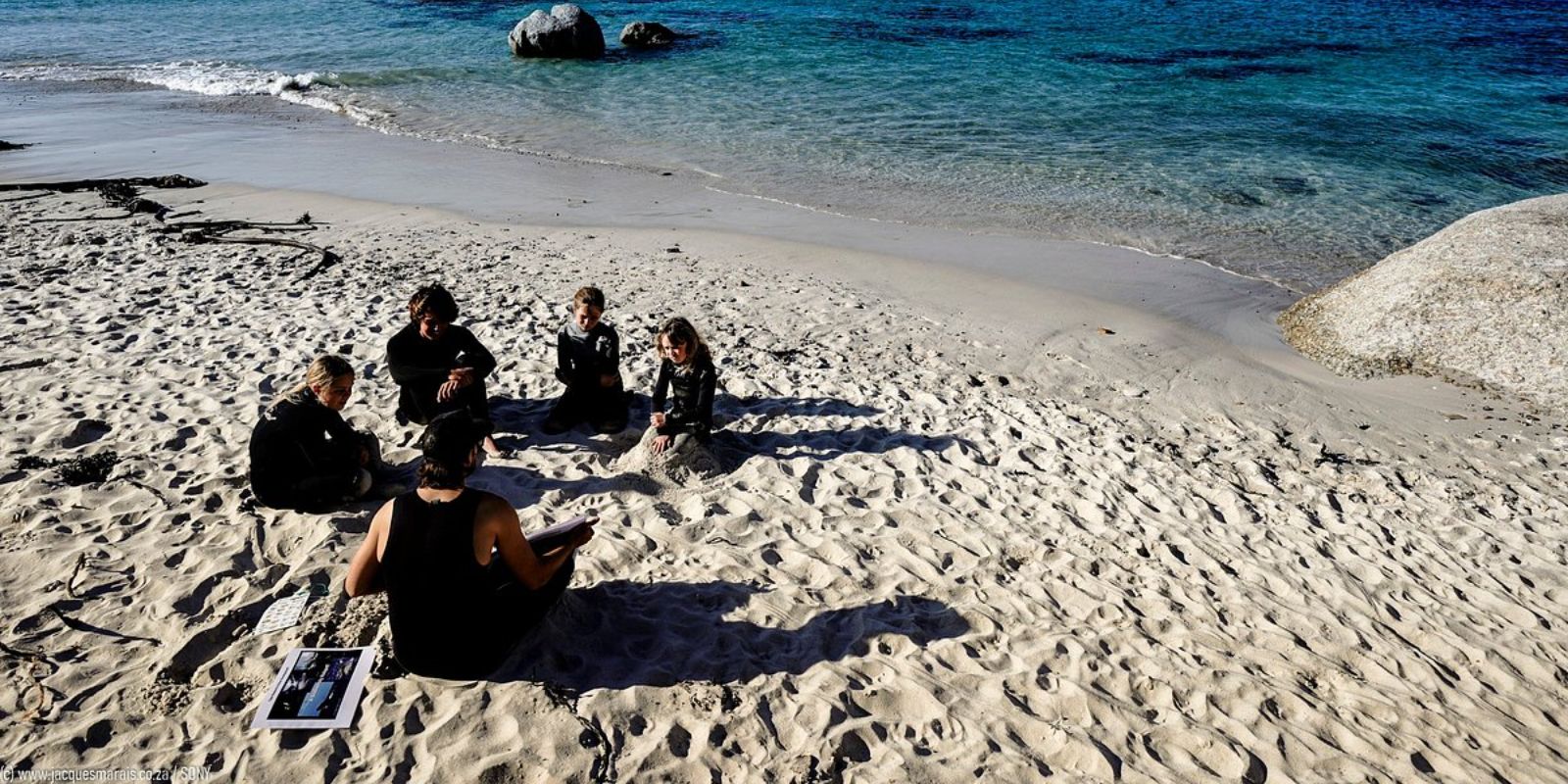
Why Unpaid Internships Are So Valuable
Volunteering your time for a good cause can benefit your career in numerous ways. For starters, internships give you direct work opportunities with specialists in your field. You’ll learn alongside them and explore what they do without committing to a role.
You’ll also develop technical abilities through your daily work. You could practice essential research skills that put you ahead of the competition when applying for jobs. You might even use your skill set to earn industry certificates before most people your age, like a Professional Association of Diving Instructors qualification.
Soft skills are another thing you’ll gain through a marine conservation internship. Practicing problem-solving, teamwork, and communication on the job will help you stand out and may make future employers consider you above other applicants. You could jump-start your career, regardless of your professional interests.
Types of Marine Conservation Internships to Consider
There are many ways to spend your time in the marine conservation world. Consider whether any of these leading internship opportunities align with your interests and goals to choose the best professional path forward.
Efforts to Save Sea Turtles
People love sea turtles for their gentle natures, but these reptiles need extra support. They’re among the 800 ocean creatures that swallow plastic waste floating in the waves. They could also lose habitats as rising sea levels swallow the beaches they use as nesting sites.
Your future internship could focus on conservation efforts to support sea turtles in at-risk regions. You might collect biometric measurements on nesting females, monitor nests, clean beaches, and bolster community recycling initiatives. If you’re studying biology or a related field, the work will complement your education.
Dolphin Behavior Research
Jump on a jet to Tanzania to spend your free time helping local dolphins. Marine researchers monitor and record dolphin behavior while the mammals interact with tourists. When you’re not out on a boat with the pods, you could snorkel around reefs, help establish sea cucumber farms, or organize events to educate local students on conservation topics.
This diverse work could turn into multiple potential career paths. You might realize you love educating people about oceanic topics or want to spend your life on niche research surrounding sea cucumbers. If you’ve ever felt professionally aimless, engaging in various internship responsibilities could provide the guidance and clarity you need.
Bioconservation in the Coral Triangle
The Coral Triangle encompasses an expansive ocean area between Australia and China. Research teams are studying coral within that region to create 3D models and impact protocols for issues like bleaching. You can investigate coral diseases and learn from lectures on reef ecology.
Don’t worry about things like having scuba experience. You’ll get certified during the internship after your included medical evaluation. Learning how to mitigate climate change’s effect on the white swathes of coral in the Coral Triangle could lead to an incredible marine conservation career.
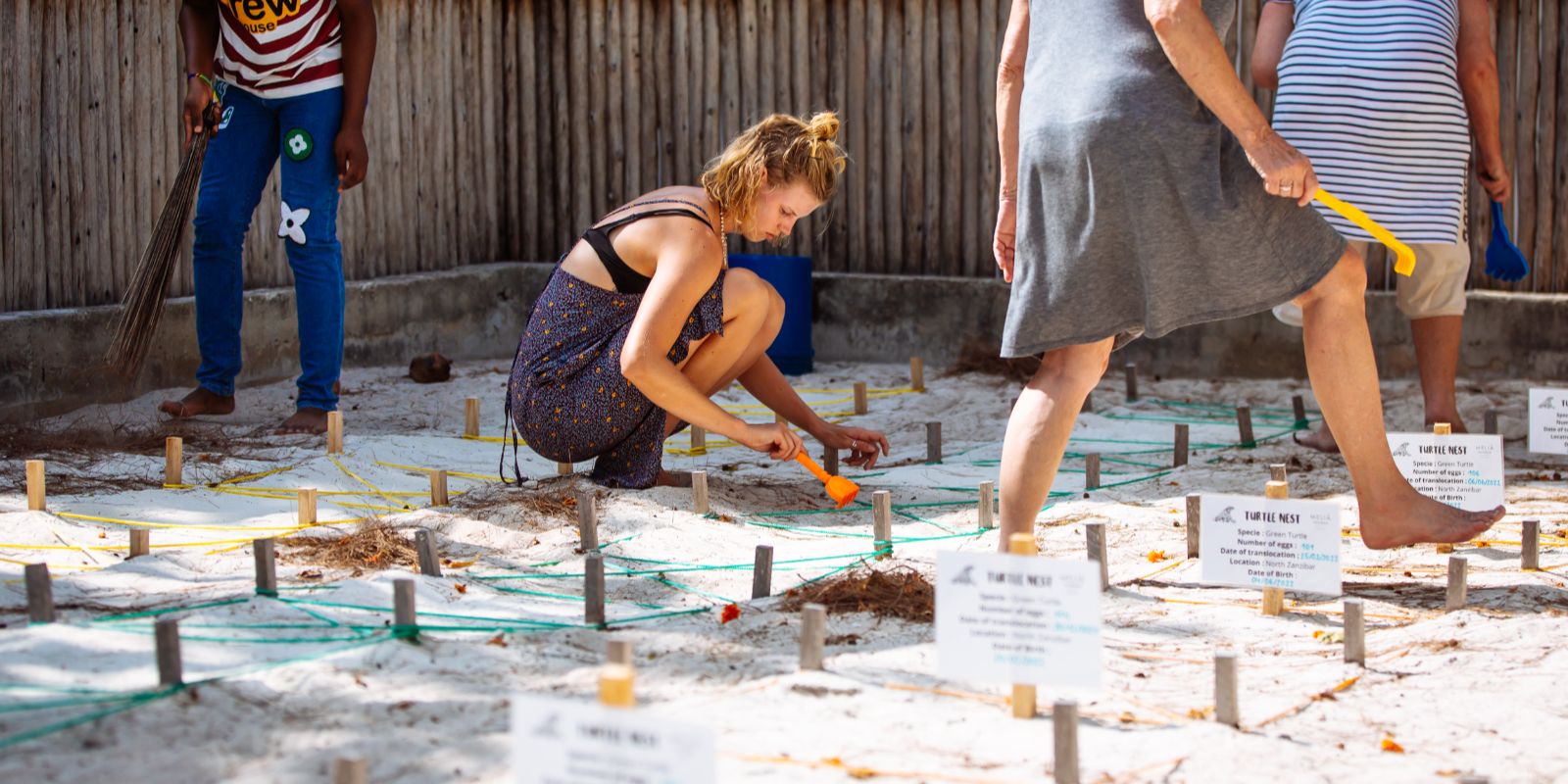
Natural Ecosystem and Community Connections
If you’re unsure what you want to do with an internship, choose an opportunity with broad responsibilities. Interns at Hacienda Ario’s 4,700-hectare research center get involved with research, education programs, community outreach and more.
You could work with people to support wildlife or nurture local seed banks. Save a day for participating in the flora and fauna monitoring program or learning how to install irrigation systems. You’ll see how the land-based ecosystem intersects with marine life in Costa Rica.
Hands-on Marine Biome Observation
Combine your love of diving and learning with a research-focused internship. The opportunities waiting for you in South Africa’s False Bay will help you develop your ability to conduct underwater surveys, deploy marine research equipment, and write reports. You’ll learn all about the biodiversity within the bay while practicing social media and blogging skills to inform the public.
Getting hands-on experience is a special opportunity. Earn your PADI Open Water certification while flexing your marine science knowledge through a leading internship.
Marine Research Assistant Training
Study Indo-Pacific marine life outside a classroom with an internship in the Philippines. You’ll spend time at a marine research institute with experts studying long-term changes in coral reefs. Attend workshops, conduct research in a laboratory setting, and network with industry leaders at conferences.
Anyone pursuing a Bachelor’s degree in marine science or a related field will also have the chance to lecture other research assistants. You could talk about exploratory techniques while mentoring students. If you want a future career helping the next generation of marine scientists, this internship could be your first step.
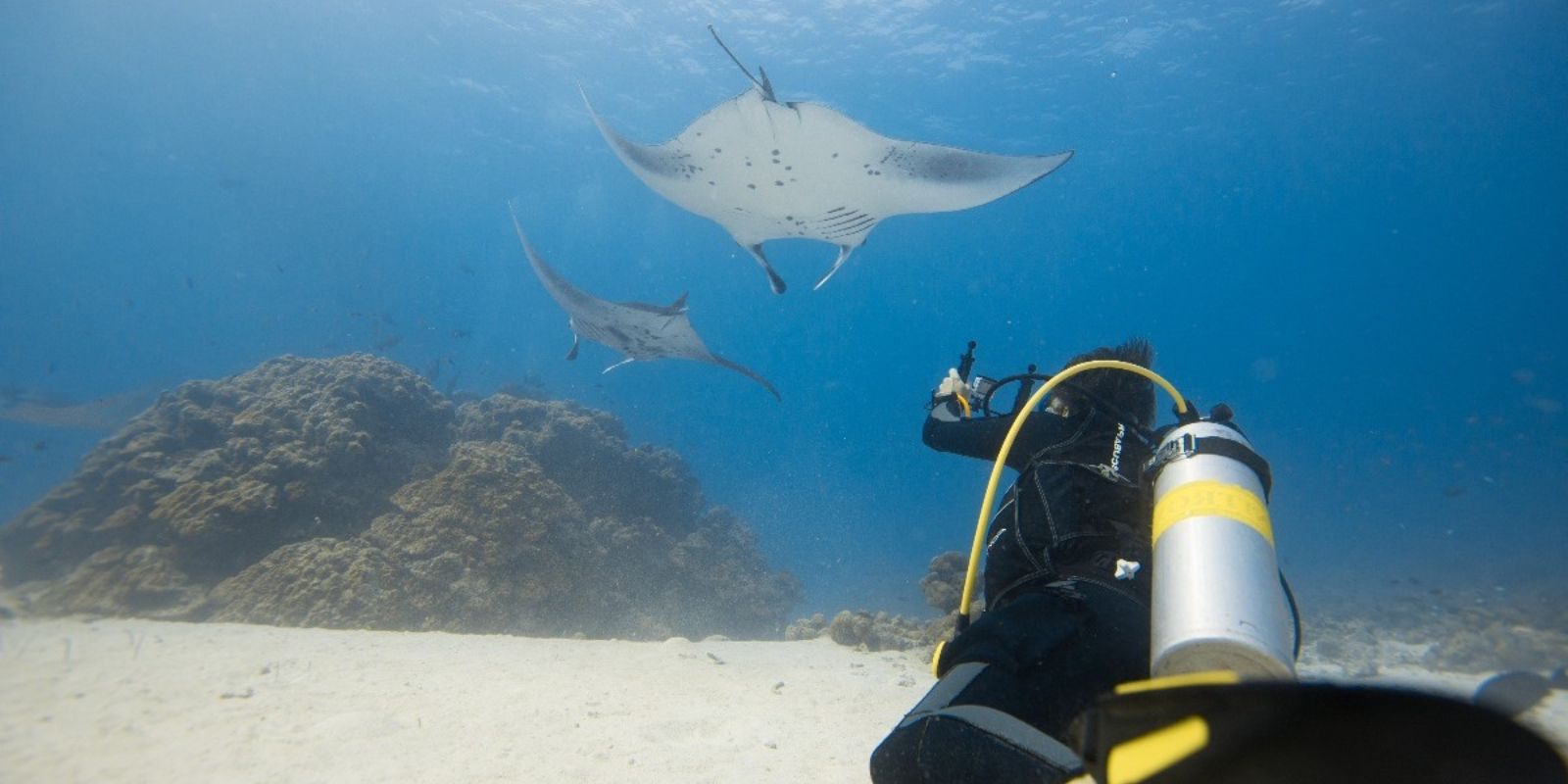
Tips to Make the Most of Your Experience
When you’ve found a conservation internship that gets you excited for the future, prepare for your upcoming experience. Keep simple strategies in mind to have fun, learn every day, and soak up an experience that will change your perspective on marine conservation careers.
1. Find Your Funding
Although unpaid internships involve volunteering your time for professional growth, they still require funding. You’ll need to travel to your internship location, pay for housing and eat three meals daily. Covering the necessities is essential. You’ll also want to enjoy the occasional meal out in town or an entertaining excursion on the weekend.
Some established internship organizations recommend exploring four potential avenues to secure your funding — university funding, scholarships or grants, crowdsourcing, or a unique fundraising campaign. Check with your university to see if they set aside money for degree-specific programs like marine science internships. You can also research scholarships or grants offered through external organizations.
Creating your own fundraiser is another way to save up for your desired internship. Host a dinner and sell tickets for each plate, or ask for donations in exchange for work like mowing lawns. You might even try crowdfunding with an online platform and spread the word about your internship dreams through social media.
2. Ask for Application Help
Internships always involve an application of some kind. Some organizations require a professional job application with your resume and an interview. Others need other information, like your degree path. Either way, you’ll be vetted as a potential candidate so that the team waiting for help gets the support they need.
That’s why Roots is here to help you streamline the application process! Connect with the Roots team to officially begin your application, and they’ll walk you through the steps. Don’t worry if you’re not yet sure which opportunity is the right fit for you. You’ll be matched with a Roots Placement Manager that will help you narrow down the choices and connect you with the ideal organization to help you reach your learning goals.
3. Inquire About Housing and Support Arrangements
As an intern, you’ll need to have housing arranged for your international internship. Again, Roots is here to help coordinate these details with applicants ahead of time to ensure you have safe and comfortable housing, even in rural areas. Many organizations will also have set intern accommodation sites.
Your internship will last at least a few weeks, if not longer. Since you won’t have family or old friends nearby for help, you’ll rely on Roots and your internship host to be your support system. The Roots team is available remotely throughout your placement, and you’ll be given the proper contacts at your internship and accommodation site.
You should know who to contact in an emergency, which will be made clear to you upon arrival. An organization that’s communicative and proactive about the fine details of your internship will treat you better than one that leaves everything in your hands.
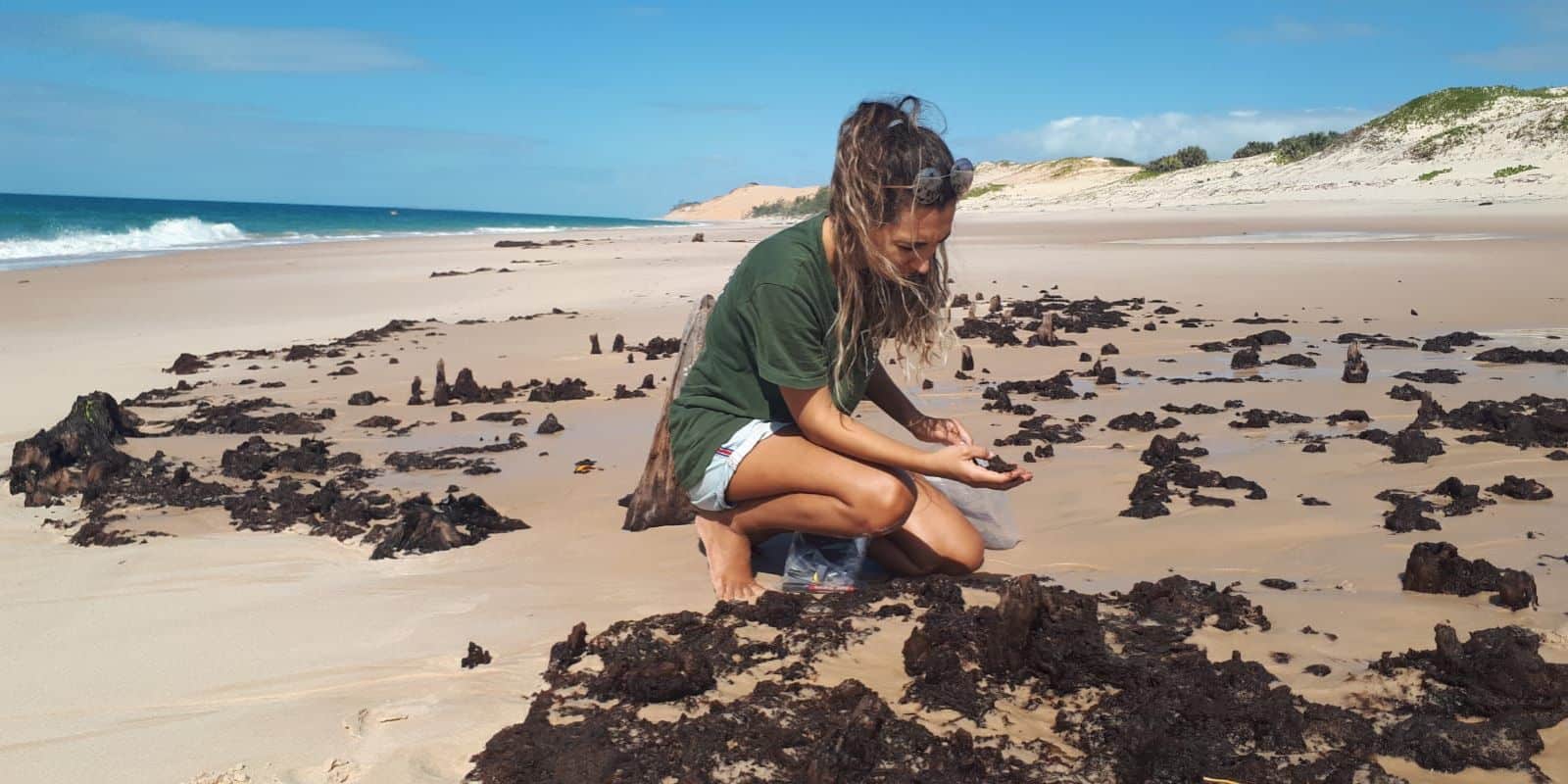
4. Set Development Goals
Create both personal and professional development goals before your internship starts. You already know you’re about to start meaningful work in your degree field, but specific goals will help you outline your accomplishments and next career steps.
Consider what you want to experience as an individual. You could write a list of reasons why this career field excites you, then reflect on it after your experience ends. If those things weren’t as exciting as you thought, you might learn that you’ll feel happier within a different marine conservation effort.
Researchers suggest that Americans have seven careers during their lifetimes on average. Don’t panic if you need to change gears. As you learn more about marine conservation, you’ll find niche roles that might fit your emerging interests.
Setting professional goals is the other half of gauging whether your internship was successful. Maybe you’ve never networked before. Give yourself the goal of networking with five people throughout your internship. You could also take on leadership roles like facilitating workshops. Even if you never become a professor, the experience will build self-confidence in leading within your field.
5. Create Professional and Personal Connections
Internships are excellent learning experiences along with being opportunities to forge meaningful relationships. Become friends with your mentors or supervisors. You’ll learn faster if there’s a conversational ease between you. They could also help you find jobs in the future if they appreciate your work ethic and recommend you to people they know in the industry.
Other people will participate in your internship if it’s part of a bigger organization. Introduce yourself and use your shared responsibilities as icebreakers. You may form friendships that last the rest of your life. Your fellow interns could even become your future co-workers.
Create a calendar reminder to add everyone to your social media or get their contact information when your marine internship ends. You could connect with mentors and peers through platforms like LinkedIn as well. If you retain those connections, you’ll always be one message away from chatting, networking, or reconnecting.
6. Document Everything You Do
A quick trick is saving the job listing of the internship you are joining. Every internship description mentions responsibilities, which you can copy and paste into your resume. Saving that information is easy, but you might do other important work too.
Log your daily experiences in a digital or physical journal while you’re still participating in your internship. Even the most minor details could become important to a future employer. You’ll make your resume stand out by mentioning specific experiences or tools you used. If you need to refresh yourself before a job interview, you’ll have every memory saved in a place that’s easy to access.
Have Fun Helping Marine Life
You don’t have to wait until after graduation to join marine conservation efforts. Reserve part of your calendar for an internship. You’ll get incredible opportunities you won’t find in a classroom and meet people who may become part of your future career. If you have funding, support and goals for your experience, you’ll make the most of any marine research internship you choose.
Apply today to start your marine conservation journey!
This blog was written by Jane Marsh.
Jane is Editor-in-Chief of Environment.co, where she advances sustainability and environmental awareness through reporting and editorial leadership. She also contributes to multiple publications and volunteers with environmental organizations in her spare time.



